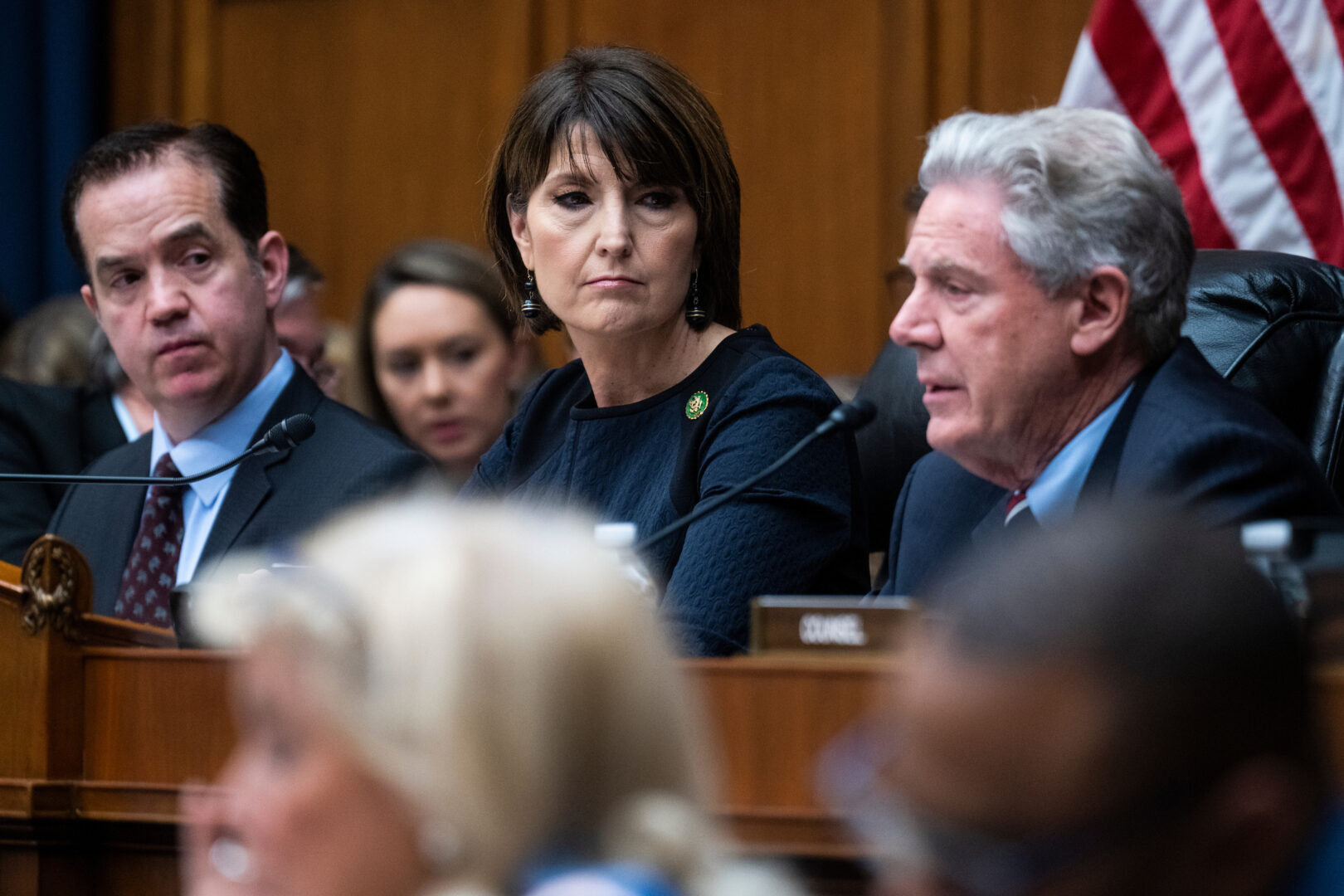|
|
 |
These blanket protections have resulted in tech firms operating without transparency or accountability...
- Representatives Cathy McMorris Rodgers and Frank Pallone Jr. on Section 230
|
|
|
Welcome to Snippets 👋 Google's unveiling of an AI call-scanning tool meant to combat scams has sparked concerns about the potential affects on censorship and surveillance—raising the ultimate question: what happens when technology takes the lead in decision-making?
The revelation earlier this year that AI chat assistant Gemini was modifying prompts on the backend, resulting in historically inaccurate image results, raised a similar concern.
Despite the noble goals of both tools – reducing scam victimization and creating racially inclusive content – they do raise important questions about the implications of technology that operates autonomously, beyond users' awareness and control.
Keep reading to find out what else is happening this week at the intersection of privacy and tech!
|
|
|
|
|
Google’s AI call-scanning raises red flags
|
 |
|
Google
|
Google's demonstration of AI call-scanning for detecting scams has raised concerns amongst privacy experts about the potential for built-in censorship and social surveillance.
|
- Privacy experts warn this technology essentially amounts to client-side scanning, which although initially targeted at scam detection, could lead to broader content scanning by default.
- Lukasz Olejnik, a Poland-based researcher, noted, "This highlights how AI/LLMs inbuilt into software and operating systems may be turned to detect or control for various forms of human activity."
- Google showcased the technology at its I/O conference, noting it could be integrated into future versions of Android OS.
|
|
|
|
|
|
|
Transcend Honored in Fast Company’s 2024 World Changing Ideas Awards 🎉
|
|
For the second time in just a few months, Transcend was honored by Fast Company—this time with a 2024 World Changing Ideas Award ‘Honorable Mention’ for our work on artificial intelligence (AI) governance!
Transcend was honored in the AI and Data category, which celebrates innovations that harness data and AI technology in order to empower societal change. We’re proud of this recognition as we continue to build the new frontier of AI governance.
|
|
|
|
|
|
|
|
A joint letter on the NSA’s growing surveillance powers
|
 |
|
TOM WILLIAMS/GETTY IMAGES
|
Following Section 702’s recent reauthorization, a coalition of over 20 digital rights organizations has written a joint letter raising concerns over the extensive reach of the NSA’s surveillance powers.
|
- The letter notes that the expanded definition of electronic communications service providers (ECSP) could allow the NSA to “compel almost any US business” to wiretap communications.
- Though lawmakers claim the revision of the ECSP definition was meant to address a “critical intelligence gap,” data centers will likely be most affected by the change—subjecting them to potential NSA directives in the future.
- The letter calls for the declassification of a 2022 case, where the court ruled in favor of a company that refused an NSA order, noting that, “the administration can—and should—declassify the fact that the provision is intended to reach data centers.”
|
|
|
|
|
|
|
|
Vermont’s privacy bill includes private right of action
|
 |
|
Adobe Stock
|
The Vermont General Assembly passed House Bill 121. A significant development in the US state privacy law landscape, Vermont has joined California as the only other state (among 17) to offer a private right of action.
|
- The bill's private right of action is limited—only allowing consumers to sue data brokers and large data holders, which are defined as companies processing data on more than 100,000 Vermonters.
- The legislation includes a three-year roll-out, aiming for eventual coverage of all Vermont businesses, along with a 2029 review to assess the bill's effectiveness.
- Despite the bill's success in the legislature, Vermont Governor Phil Scott is reportedly considering a veto, with a spokesperson noting he's "uncomfortable" with the bill's reach.
|
|
|
|
|
|
|
|
- OpenAI launches new and improved LLM, GPT-4o.
- Privacy breakthrough for voice-operated personal assistants.
- Commerce Department implements new internet routing security protocol.
- California Attorney General speaks out against APRA pre-emption.
- WhatsApp to debut feature to eliminate profile picture screenshots.
|
|
|
|
|
|
New draft legislation to repeal Section 230 protections
|
 |
|
Tom Williams/CQ Roll Call
|
House members Cathy McMorris Rodgers and Frank Pallone Jr. have unveiled new draft legislation that would sunset Section 230 provisions, which protects online companies from lawsuits related to user generated content.
|
- Lawmakers are looking for more cooperation from tech giants on improving data privacy and safety for kids online, as many feel Section 230 has emboldened them to act without accountability.
- Voicing their concerns in a Wall Street Journal column, Rodgers and Pallone said companies can too easily get away with prioritizing profits and promoting high-performing content—even if that content is illicit or disturbing.
- Section 230 supporters argue eliminating the provision would curb freedom of speech in cases of sexual harassment or racial violence by forcing social media companies to censor victims’ messages.
|
|
|
|
|
|
|
|
Tornado Cash developer faces five years in prison
|
 |
|
LUKE MACGREGOR/BLOOMBERG/GETTY IMAGES
|
Alexey Pertsev, developer of the crypto tumbler Tornado Cash, has been found guilty of facilitating the laundering of $1.2 billion in stolen cryptocurrency.
|
- Between 2019 and 2022, money laundering activities accounted for over 30% of the funds that passed through Tornado Cash.
- In a damning March court filing, Tornado Cash management was accused of openly welcoming criminals to the platform, including hackers with ties to North Korea.
- A panel of judges in the Netherlands sentenced Pertsev to over five years in prison, ruling he had created a "shortcut for financing crimes and terrorism" and turned a blind eye to illegal activity.
|
|
|
|
|
|
|
Key Insights from the RSA Conference: Privacy and AI Take Center Stage
|
|
Last week, the annual RSA conference wrapped up in San Francisco, drawing executives from around the world to discuss next-generation trends and changes in the security industry.
With an intensified focus on privacy, spurred by AI technologies and new global privacy regulations, the conference highlighted the ever-narrowing gap between privacy and security.
Read our recent post to learn our top privacy takeaways from RSAC 2024, based on conversations with thousands of security experts.
|
|
|
|
|
|
|
|
|
Snippets is delivered to your inbox every Thursday morning by Transcend. We're the platform that helps companies put privacy on autopilot by making it easy to encode privacy across an entire tech stack. Learn more.
|
|
|
|
You received this email because you subscribed to Snippets. Did someone forward this email to you? Head over to Transcend to get your very own free subscription! Curated in San Francisco by Transcend.
|
|